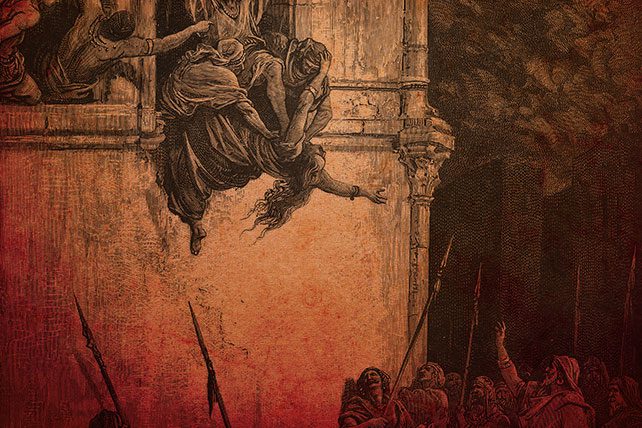Biblical Women and Their Legacy: Impact on Cultural Stereotypes
The women of the Bible are diverse figures, each embodying complex narratives that have shaped cultural perceptions of femininity, morality, and leadership throughout centuries. Their stories, often marked by profound faith, resilience, and transformation, have left indelible marks on cultural stereotypes and societal norms regarding women’s roles and behaviors.
Eve: The Mother of All Living
Eve, the first woman according to Genesis, plays a pivotal role in the story of the Fall. Traditionally, interpretations of her actions have contributed to a stereotype that associates women with temptation and original sin, impacting gender dynamics significantly.
Eve’s legacy has been influential in shaping the cultural archetype of women as the “weaker” sex, prone to error and causing men to fall. This stereotype has perpetuated gender biases and justified patriarchal structures throughout history.
Sarah: Matriarch of Nations
Sarah, the wife of Abraham, is celebrated as a matriarch in Judaism, Christianity, and Islam. Her story of faith and the miraculous birth of Isaac in her old age has been foundational in discussions about faith, fertility, and the roles of women in religious narratives.
RELATED: Abraham Cho: Abraham and Isaac
Sarah’s initial barrenness and subsequent divine intervention have contributed to societal perceptions of women’s value being tied to their fertility, while her story also emphasizes themes of faith and divine promise.
Ruth: The Loyal Convert
Ruth, a Moabite widow who chose to stay with her Israelite mother-in-law Naomi, embodies themes of loyalty, love, and the embrace of a new faith and people. Her story challenges traditional boundaries of nationality and lineage.
Ruth’s legacy has been instrumental in shaping positive stereotypes about conversion, loyalty beyond blood ties, and the potential for inclusivity within faith communities.
Esther: The Queen of Courage
Esther’s bravery in risking her life to save the Jewish people from extermination highlights themes of courage, political acumen, and the power of strategic influence.
Esther’s story has inspired countless women to find strength in adversity and has challenged stereotypes about women’s capabilities in leadership and diplomacy.
Mary, Mother of Jesus: The Ultimate Model of Piety
As the mother of Jesus, Mary represents the epitome of virtue, obedience, and maternal love. Her veneration, especially in Christianity, sets a high standard for purity and piety.
Mary’s legacy has profoundly impacted ideals of motherhood, with her image often used to epitomize selflessness, purity, and the sanctity of motherly love.
Mary Magdalene: From Sinner to Saint
Once misconstrued as a prostitute, recent scholarship and interpretation have clarified Mary Magdalene’s role as a devoted follower of Jesus and a witness to his resurrection, transforming her image from sinner to saint.
Mary Magdalene’s story challenges stereotypes about women’s morality and highlights themes of redemption, spiritual insight, and the importance of female witnesses in the early Christian community.
The legacies of biblical women have woven complex threads through the fabric of cultural and religious history, challenging and reinforcing stereotypes in varying measures. Their stories offer rich insights into the evolution of societal norms and continue to inspire contemporary discussions on gender, faith, and identity.

